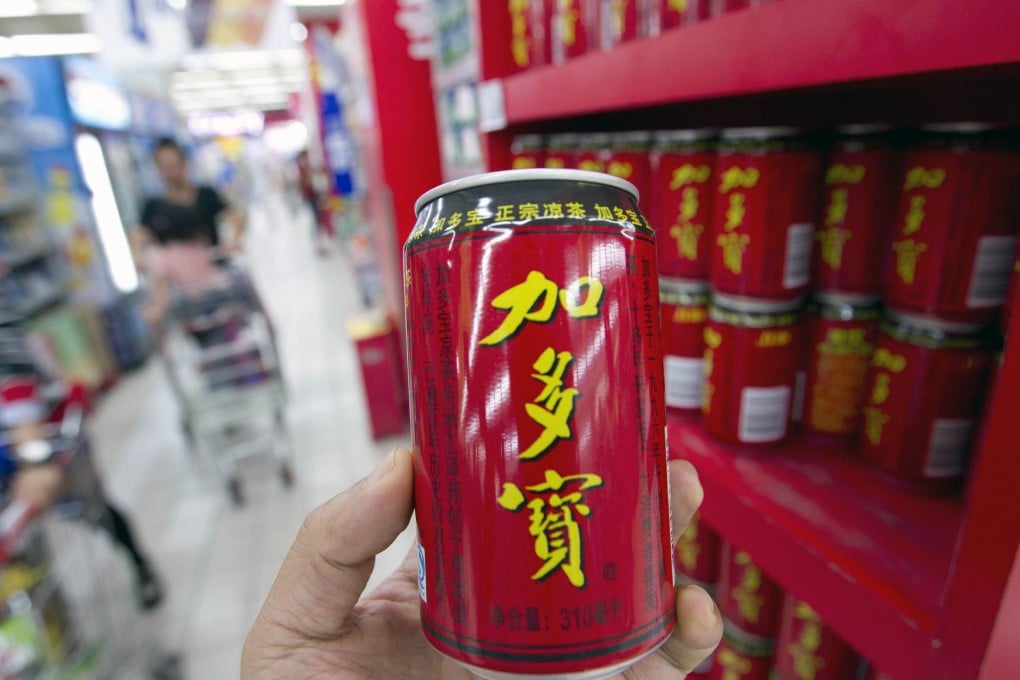China's JDB plans global push for its popular herbal tea drink
Jiaduobao plans to spread herbal tea culture to South America and Southeast Asia despite recent legal ruling on design infringement

The benefits of herbal tea to relieve inflammation may be little known overseas, but JDB Group is intent on changing that. The company, which outsells Coca-Cola in China with its Jiaduobao tea, is now taking the health drink to new markets in South America and Southeast Asia.
With the beverage that originated in Guangdong having achieved nationwide popularity, the company's next goal was to make Jiaduobao an international brand like Coca-Cola, said Pang Zhenguo, the party committee secretary of JDB.
The company is paving the way for this ambition with plans to leverage the appeal of the drink among Chinese communities abroad as part of a push to target the broader populations in the new markets.
Tea made from Chinese medicinal herbs is believed to be able to lower internal heat that can cause a number of health problems.
"The hot and humid climate that features in South American and Southeast Asian countries is similar to southern China, and their diet will also cause internal heat. So we see a potential market for herbal tea," Pang, who is also the general manager of the company's quality and resource management department, told the South China Morning Post.
Formerly known as Guangdong Jiaduobao Drink & Food, JDB was founded in Guangzhou in 1995 by Hong Kong businessman Chan Hung-to after he acquired the licensing rights to Wong Lo Kat, a time-honoured herbal tea brand established more than 150 year ago.